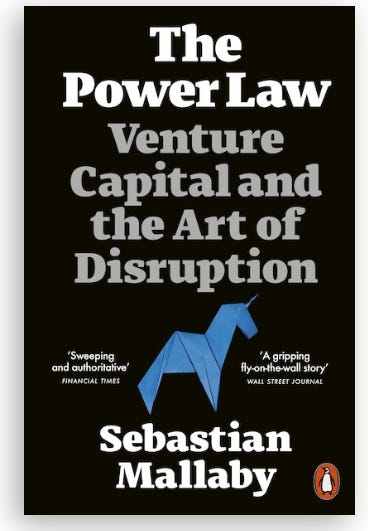#34 Angelinvesting.it - From idea to Series A - Weekly Newsletter
Value adding investor, really?
3 Minutes to reflect
My father used a colorful phrase, but very effective: "stop bullshitting yourself." This week I believe I found a lie I've been telling myself for a while, and trust me, writing about it openly hurts.
I set a goal for myself to be a value-adding angel investor. I don't just want to bring capital to the table, but also time, experience, and network. For every startup, I offer weekly calls if they want, to keep track of their journey towards finding the product-market fit.
I make my contacts available to find talents, capital when needed, or potential client leads. Plus, I bring my entrepreneurial background, having experienced all the highs and lows of the entrepreneur's profession.
Believe me, I perform all these activities with great commitment, with a significant opportunity cost which I do not count in any way, and that adds to my investment.
My original insight was to create the following positive virtuous circle:
Find the best entrepreneurs
Invest and add value to them
Use the reputation I build with the entrepreneurs to find even better ones
Repeat
Logically, it seemed that this virtuous circle made sense, and then this book came out about “the Power Law” and Peter Thiel's approach, a highly successful venture capitalist, and my world was shaken.
In the venture world, the power law is a common concept: it is behind the idea that 1 or 2 companies in your portfolio will make the returns for all the others. It's kind of an extreme version of Pareto's 80-20 rule.
I thought I had understood it, but I was wrong. Peter Thiel takes the power law application to its deepest philosophical and practical implications. He argues that there's no point in deluding oneself about adding value.
Adding value isn't the goal; the goal is to find the best entrepreneurs. Indeed, the idea of adding value is so appealing to the ego of a wannabe intellectual like me. So, I see how I can easily be seduced by it. But according to Thiel, this is a mere illusion.
Portfolios of startups made of mediocre returns are crap compared to other asset classes.
It follows that the 2 pitfalls to avoid like the plague are: (1) thinking small, you need to go all in on the most ambitious entrepreneurs, well knowing that 9.9 out of 10 will fail and (2) you must stop telling yourself stories about the value you add and focus solely on what matters: finding exceptional entrepreneurs.
2 Resources to pro
Iatrogenesis refers to the negative effects or harm caused by medical treatment or interventions, often when doctors try to cure or improve a patient's health but inadvertently cause damage or complications. Nassim Taleb extensively discusses this in his books.
I'm convinced that adding value for angels or VCs is more or less the same; it's about avoiding doing harm more than anything else. It's about building a reputation, timely evaluating projects, providing accurate feedback, and avoiding bureaucracy and complications whenever possible.
Here's the much-maligned book I just finished that made me reflect so much these days. It should mandatory for everyone approaching the venture capital world! Check it out
1 Reason to be happy
I've seen 41 springs... Happy bday to me :)
Have a great weekend,
Simone
—
Want to read more: click here
Want to invest with me: click here
Want to share a deck: click here







